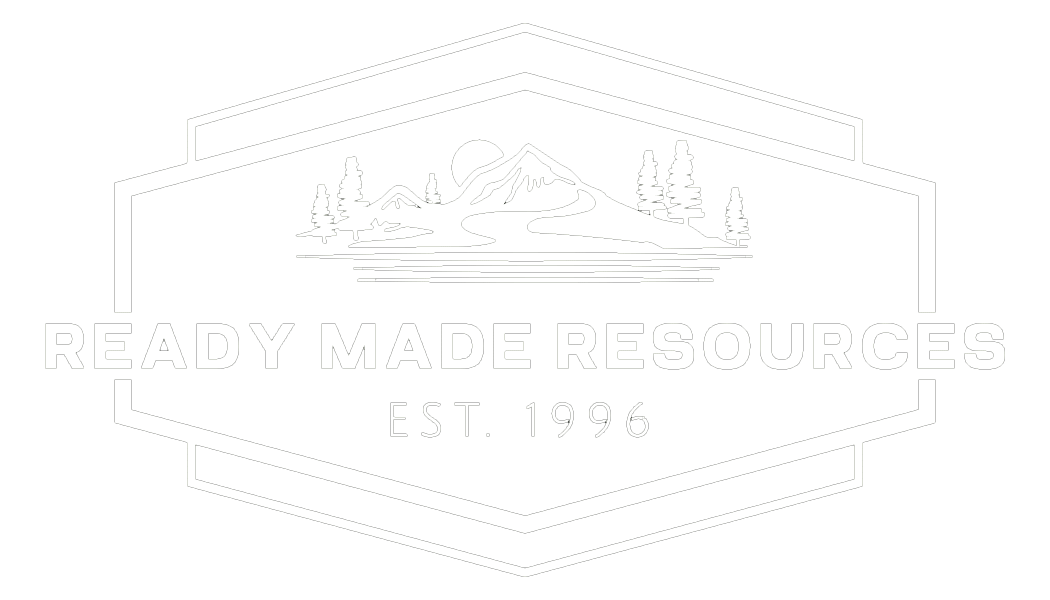Knife Maintanance 101: How To Treat Your Blade Right
I know there are many knives enthusiasts in US, and not only. Whether you’re a survivalist / prepper or not, that doesn’t mean you can’t have a particular interest in the knife department. If you share the same passion that I do, you probably know by now that we often discuss our “sharp and stainless companions”here. But what’s to come is not going to be about showing off models, but rather how to perform regular and accurate maintenance in order to keep your knives looking and feeling brand new for as long as possible.Most knives are made from stainless steel, which is a very durable and sturdy material, but like every other metal, it will eventually corrode if you don’t take proper care of it.And there’s more to a knife than just the blade. The handle will require special attention too. If you treat your knife well, you’ll have a trusted, not rusted ally in your time of need.
The basics
It’s important to understand as much as possible about knives in order to comprehend the importance of regular maintenance. Just because your blade is made out of stainless steel, doesn’t mean it’s 100% rust proof. They are more durable to oxidation than other materials, but if let to their fate, they’ll lose the battle to rust eventually. Yourknife should be kept dry and cleaned regularly. It’s better to clean it with a dry or moist cloth usually. But certain residues and deposits might be too hard to remove the old fashioned way. In such cases, you can try soaking your knife in cleaning fluids or soapy water, just make sure to dry them out well after. If you have a folding blade knife, the moving parts and joints should be top priorities on your cleaning list, as they’re most susceptible to degradation. Lubrication is key, especially on moving parts. Let’s have a look at the proper way of performing knife maintenance:
- Proper cleaning
Your knife should be cleaned properly and periodically, no matter the materials it’s made of. I’m going to say it again: just because you have a stainless steel blade, doesn’t mean that it won’t oxidize eventually. Exposure to certain elements will cause it to deteriorate unless you take a few minutes of your time to clean it properly. When it comes to folding knives, make sure there is no debris or dust on the locking mechanism, as it may cause it to malfunction in time of need. Cleaning your knife with soap, water and cloth works in a survival scenario. But if it’s not the case, there are plenty of cheap, professional products that will work way better, like United Cutlery Metal Glo Professional Polishing Pasteand Sentry Solutions Tuf-Cloth. If you’re not looking to spend money on professional cleaning products, there are still plenty of alternatives that you find in a regular household. Almost any type of alcohol work and even paint thinner, MEK, acetone, nail polish remover. Use them with care though, because they might damage the handles. Detergents should not be used, as chlorine is known for accelerating corrosion. Prolonged immersion in any type of liquid should be avoided. Your knife should be sanitized with alcohol and cleaned before using it on food items; after the job is done, clean it and dry it properly before storing it.Handles are less pretentious, but this doesn’t mean they should be ignored. Treat them with care; wooden handles can be sprayed and clean with furniture polish. Hard plastic handles can be wiped with an alcohol-soaked cloth or washed with soap and water and dry clean with a cloth.
- Proper lubrication
Lubrication of the metal parts is extremely important as it will keep your knife protected from natural phenomena that would normally cause deterioration. A thin film applied on the whole surface of the blade will be enough, so there’s no need to go wild when applying lubricant. The moving knives and joints of folding knives should be lubricated permanently, as friction will accelerate deterioration even more. Not only will lubricantsprevent oxidation, but it will also keep mechanisms and joints working properly.
- Proper sharpening
Having a fully functioning blade is just as important as having a clean and rust-free one. As there’s no real use for a dull blade, you have to make sure your blade is sharp and ready for action at all time. Usage will accelerate dulling, so heavy knife users might have to sharpen their blades once every few days. There are plenty of sharpening tools available on the market and there’s no real difference between them. I for one have been using the Spyderco Tri-Angle Sharpmaker for a while now and I’m happy with it. It’s about $50, efficient and easy to use even for the less experienced knife handlers.
There’s more to knife maintenance than cleaning, lubrication and sharpening. Storing them is just as important as everything that was discussed so far. Knives should be kept in cool, dark and dry places. Avoid storing them in their sheets, as these tend to collect moisture that will inevitably lead to rusting. You can always adjust the screws and bolts, but avoid performing complex repairing procedures, as they may nullify your warranty.






Leave a Reply